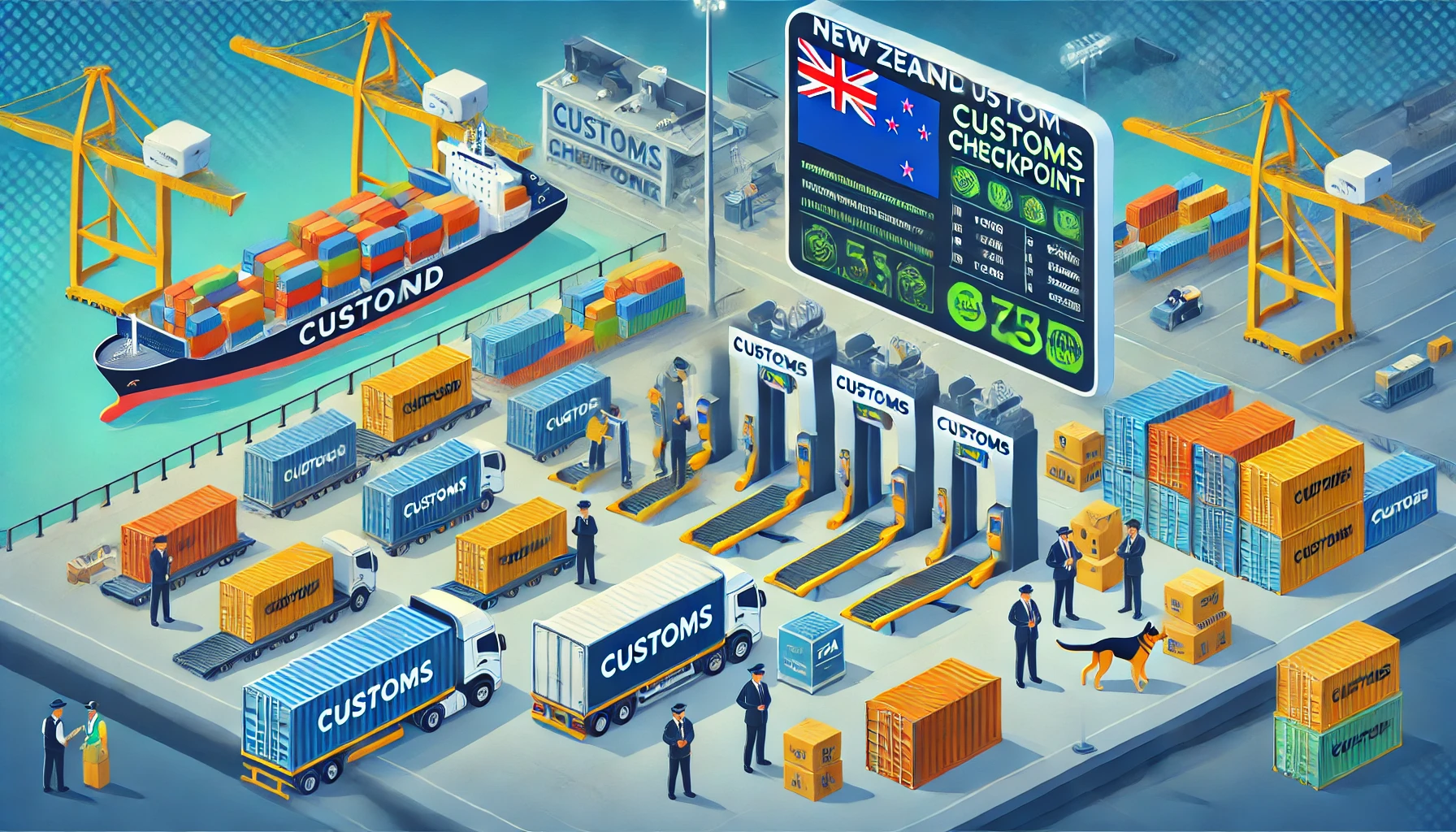NZ Passes Customs Bill to Modernise Trade Levies and Revenue Collection
Minister Costello emphasized that the bill is focused on improving efficiency rather than raising charges.

- Country:
- New Zealand
New Zealand’s Parliament has passed the Customs (Levies and Other Matters) Amendment Bill, a new law aimed at modernising how revenue is collected on imported and exported goods. The legislation, announced by Customs Minister Casey Costello, is designed to make revenue collection fairer, more effective, and better aligned with international best practices, while ensuring continued protection of New Zealand’s borders.
A Modern Framework for Trade and Border Protection
Minister Costello emphasized that the bill is focused on improving efficiency rather than raising charges.
“The bill is about improving the system—it doesn’t change or increase rates of existing charges or introduce new charges,” she explained. “A levy regime is more appropriate and best practice when costs need to be spread across a class or category of payers, such as importers, rather than placing the cost directly on an individual.”
The reforms are expected to strengthen Customs’ ability to recover the costs of services that support trade facilitation, border security, and environmental sustainability.
Key Changes Introduced by the Bill
The legislation introduces three major reforms:
-
New Levy Regime for Goods Management
-
Customs legislation now includes a levy framework that allows the agency to recover the costs of managing goods at the border through levies rather than direct fees.
-
This mirrors existing arrangements already used in traveller processing, such as the Border Processing Levy.
-
-
Authority to Collect Product Stewardship Fees
-
Customs, or other agencies, will be able to collect product stewardship fees—for example, on tyres—under waste minimisation legislation on behalf of the Ministry for the Environment.
-
This will help strengthen New Zealand’s approach to sustainability and waste reduction by improving fee collection systems.
-
-
Fairer GST Refunds for Returned Imports
-
The process for seeking GST refunds on imported goods that are returned overseas and then replaced has been made more accessible and transparent.
-
This ensures importers are treated fairly and reduces administrative hurdles for businesses involved in international trade.
-
Why the Changes Matter
New Zealand’s Customs Service plays a dual role—facilitating trade while protecting borders. This includes ensuring efficient processing of imports and exports, while detecting and deterring illegal activities such as smuggling of illicit drugs.
The new levy framework provides more flexibility for Customs to recover costs in a way that better reflects modern trade dynamics. By spreading costs across broader groups of importers rather than charging individuals directly, the system becomes fairer, more predictable, and aligned with global best practice.
Supporting Trade and Sustainability
The reform also strengthens Customs’ role in supporting wider government priorities, including environmental protection. The authority to collect stewardship fees ties border processes into New Zealand’s efforts to reduce waste and promote sustainability, especially in sectors such as automotive imports.
At the same time, simplifying GST refund processes will support businesses by removing unnecessary financial burdens, particularly for those involved in international trade and replacement of defective or unsuitable imports.
Looking Ahead
The Customs (Levies and Other Matters) Amendment Bill ensures that Customs New Zealand has the tools needed to keep pace with global trade growth while maintaining strong border protections.
Minister Costello noted that the reforms are part of a broader effort to future-proof Customs’ operations, ensuring revenue systems remain robust, transparent, and adaptable in a rapidly changing global trade environment.
ALSO READ
Poland Calls for EU Unity in Ending Russian Energy Imports by 2026
India's Maritime Leap: A Blueprint for Prosperity and Sustainability
VPBank Issues Vietnam’s First Private Sustainability Bond with IFC Backing
U.S. Treasury Urges G7 Action Against Chinese and Indian Oil Imports
Exports up 6.7 pc to USD 35.1 bn in August, imports drop by 10pc










